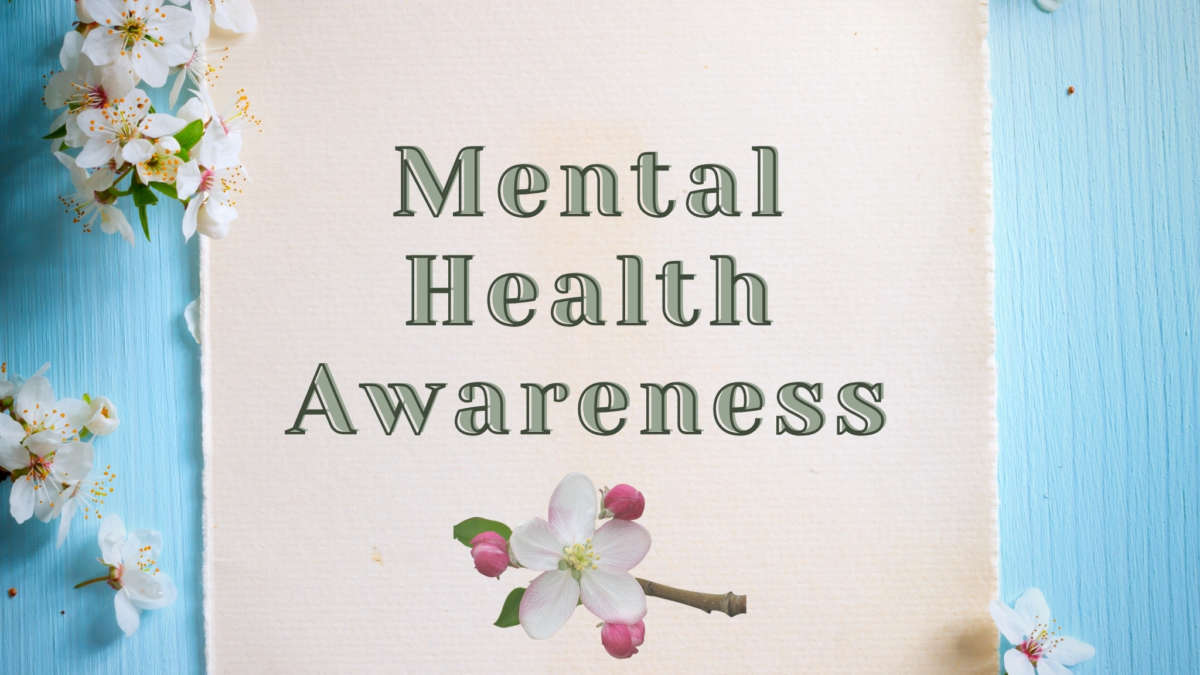October 10 is World Mental Health Day!
The first commemoration was in 1992 with an aim for support and outreach, but it was the beginning of a new era: between the early nineties and today, destigmatization initiatives, care choices and availability, advocacy, awareness foundations and research have, thankfully, made leaps and bounds.
The World Health Organization, or WHO, is likely on your radar due to its coverage of and battle against the obviously health-impacting COVID-19 pandemic. There are other aspects of health, however, including mental health (which we all know COVID hit almost as hard as it hit our physical bodies), and WHO is running a campaign in line with the goal of better mental health care on a global scale. Their website offers all kinds of incredibly useful resources and information, “but World Mental Health Day is about more than advocacy. It also provides an opportunity to empower people to look after their own mental health and provide support to others.” The more we destigmatize the concept of practicing mental health care the more we heal our world.
At BookTrib, we aren’t clinical psychologists, licensed counselors or world political leaders, and we’re certainly not here to instruct as such. But we do know something about books and have some insights on how the literary sphere intersects beautifully with the wellness one. There are quite a few ways in which reading contributes to a higher quality of life through improved mental health.
Let’s get this out of the way: you need therapy. I’m a vocal proponent and honestly believe that anyone will benefit from even just a handful of sessions. It’s worth noting, however, that no matter how great your therapist is, he or she is not available 24/7. If you only do, say, one session per week, you might find yourself needing extra support during the lulls; Self-Help books might become your saving grace. You can go at your own pace, have complete and utter privacy and basically create your own mental health and wellness. We have devoted a whole “shelf” of our website to books that cover a vast range of topics related to physical and mental health. Most are written by authors who just want to share the knowledge they’ve gained through experience with any fellow humans suffering and striving to find salves or solutions.
Fun fact: did you know there’s such a thing as bibliotherapy? Take a look at this company, dreamed up by Bijal Shah. She’s the author of The Happiness Mindset, and, with her training in psychodynamic counseling and psychotherapy, writes beautifully curated book “prescriptions” for an area in life that needs a little care and support. Maybe you have a particular topic (from “Abandonment” to “Zelophobia”) that you’d like to highlight for your own growth and mental wellness, but you would also appreciate a higher level of fine-tuned professional guidance than you can grab for yourself from a bookstore. Again, this is the perfect accompaniment to regular talk therapy sessions. The American Library Association also has a great resource bank for you to begin your bibliotherapy initiative.
Also, have you heard of the seven dimensions of wellness? In brief, they are the pieces of the pie that combine to create holistic wellbeing: explore emotional, physical, social, environmental, occupational, spiritual and intellectual wellness individually and discern which dimensions are lacking. Your personal mental health is supported by, and impacted profoundly by, all seven dimensions. Maybe you’re a little lonely and need a social wellness boost. Find a book that feels as comforting as a compassionate friend (for example this novel or this memoir we recently read and reviewed), and, for bonus points, see if there’s a book club to join or a community of readers who enjoy it too. Intellectual wellness flagging? There’s a book on anything you could possibly want to learn, whether it’s cybersecurity or climate change. The internet’s full of distractions and disjointed or unproven pseudo-science. Books to the rescue!
Reading for pleasure is also a perfectly valid way to improve your mental health, and there’s even research to prove it. You don’t have to slog through somber tomes about your darkest thoughts to see benefits; your favorite romance novel or action-adventure series may be its own kind of therapy. There’s plenty of evidence that links increased technology, social media and blue-light usage to disrupted sleep patterns, increased anxiety and low self-esteem. If you’d like some suggestions for books that are entertaining enough to make you forget about your phone for a few hours, see what we ourselves loved on last month’s National Read a Book Day, or what champion book-lover Reese Witherspoon recommends.
We’ve thrown a lot at you, but consider this article your all-inclusive resort for book-minded mental health care. We hope you enjoy your stay. Happy World Mental Health Day!







